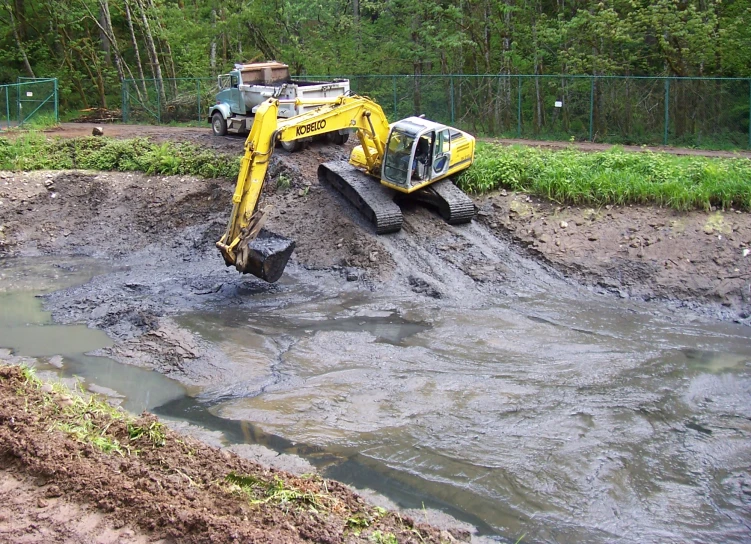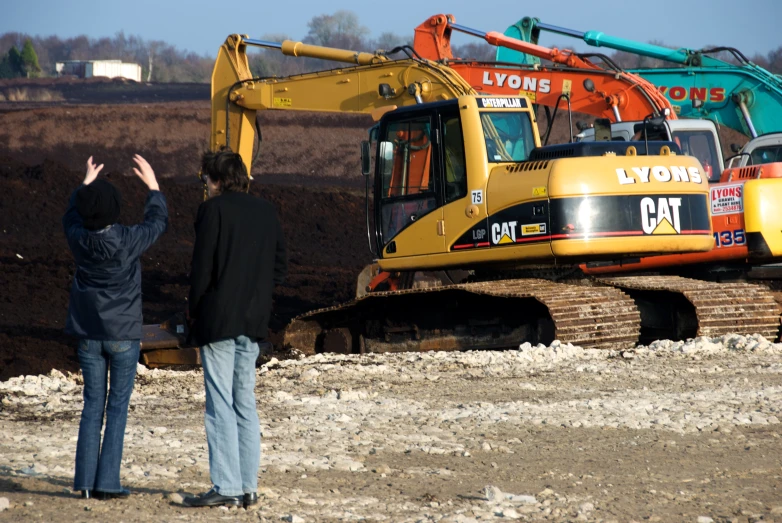1. Introduction
Excavators are essential heavy machinery in modern construction and infrastructure projects. They play a crucial role in earthworks, pipeline installation, and road construction. Understanding the average lifespan of excavators helps businesses make informed investment decisions and effectively plan maintenance and replacement strategies. This article aims to explore the main factors influencing excavator longevity, enabling readers to make wise choices in using and managing excavators.
2. What is the Average Lifespan of Excavators?
Generally, the average lifespan of excavators is typically between 10 to 15 years. However, this figure is not absolute; actual lifespan can vary due to multiple factors. The frequency of use, type of work, maintenance habits, and operating environment all significantly affect an excavator’s lifespan.

3. Factors Affecting Excavator Lifespan
Usage Intensity
The intensity of use is a key factor affecting excavator longevity. Heavy-duty operations accelerate wear and tear, while lightly loaded or occasional use typically leads to greater durability. Additionally, the type of work can also impact lifespan; for instance, excavators used in high-intensity earthmoving and demolition projects tend to wear out faster.
Maintenance Practices
Regular maintenance and care are crucial for extending the lifespan of excavators. Developing a detailed maintenance plan ensures that all critical components are inspected and repaired promptly, effectively preventing potential failures. Neglecting maintenance not only shortens equipment lifespan but may also lead to safety hazards.
Operating Environment
The working environment of an excavator directly influences its lifespan. In extreme temperatures, wet, or muddy job sites, the wear and tear on the equipment can increase. In contrast, excavators used in dry, flat environments generally enjoy longer lifespans.
Equipment Quality
Different brands and models of excavators vary in quality and durability. High-quality equipment typically features advanced technology and materials that can withstand greater operational pressures. Additionally, understanding the warranty and service agreements can help users make better purchasing decisions.
4. Signs of Aging and Wear
Over time, excavators may show signs of aging and wear. Common indicators include increased fuel consumption, operational inefficiencies, and hydraulic system failures. Regular comprehensive inspections can help identify these issues early, allowing for timely interventions to extend the equipment’s lifespan.
5. Methods to Extend Excavator Lifespan
Best Maintenance Practices
Implementing best maintenance practices is key to prolonging excavator longevity. Regular lubrication, cleaning, and inspections ensure all components operate smoothly. Moreover, using high-quality replacement parts can prevent failures caused by inferior components.
Operator Training
The skill level of operators directly impacts the lifespan of excavators. Providing professional training helps operators become familiar with equipment performance and operating protocols, effectively reducing human errors. Additionally, enhancing safety training can prevent accidents, ensuring both equipment and personnel safety.

6. Cost Implications of Excavator Lifespan
Ownership Costs
The ownership costs of excavators include initial investments, maintenance expenses, and operating costs. Understanding these cost components can help businesses make informed budgetary decisions. In the long run, proper maintenance can significantly reduce overall ownership costs.
Replacement Budget
As excavators age, businesses need to budget for replacing old equipment. Understanding the depreciation of equipment helps companies plan funds timely to address future replacement needs.
7. Depreciation Pricing of Used Excavators
When upgrading equipment, understanding the market value and depreciation of used excavators is crucial. The depreciation pricing of used excavators is influenced by various factors, including usage history, maintenance records, and market demand. For consultations regarding depreciation pricing of used excavators, contact Rexcavators, who provide professional evaluations and advice to help you make informed purchasing decisions.
8. Conclusion
Understanding the average lifespan of excavators and the factors influencing it enables businesses to make better equipment management decisions. Through proper maintenance and care, companies can significantly extend the lifespan of their excavators, thereby improving their return on investment. Ultimately, maintaining awareness of equipment status and conducting regular evaluations will lay a solid foundation for long-term business development.


